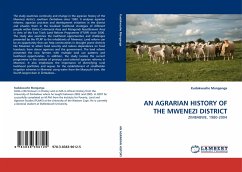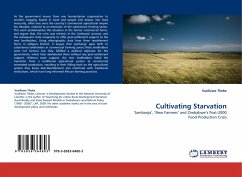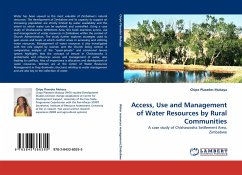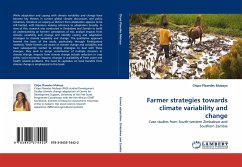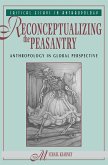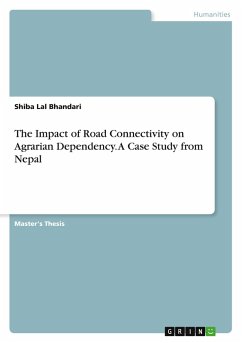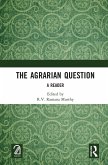The study examines continuity and change in the agrarian history of the Mwenezi district, southern Zimbabwe since 1980. It analyses agrarian reforms, agrarian practices and development initiatives in the district and situates them in the localised livelihood strategies of different people within Dinhe Communal Area and Mangondi Resettlement Area in view of the Fast Track Land Reform Programme (FTLRP) since 2000. The study also examines the livelihood opportunities and challenges presented by the FTLRP to the inhabitants of Mwenezi. Land reform can be an opportunity that can help communities in drought prone districts like Mwenezi to attain food security and reduce dependence on food handouts from donor agencies and the government. The land reform presented the new farmers with multiple land use patterns and livelihood opportunities. In addition, the study locates the current programme in the context of previous post-colonial agrarian reforms in Mwenezi. It also emphasizes the importance of diversifying rural livelihood portfolios and argues for the establishment of smallholder irrigation schemes in Mwenezi using water from the Manyuchi dam, the fourth largest dam in Zimbabwe...
Bitte wählen Sie Ihr Anliegen aus.
Rechnungen
Retourenschein anfordern
Bestellstatus
Storno

